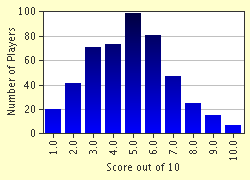Quiz Answer Key and Fun Facts
1. Everyone knows that December 25 is Christmas Day, but do you know why?
2. If you're like me, you've quit sending Christmas cards. I was always positive I'd left somebody off the list, so now I send e mails instead - and save a bundle on postage. Call me Scrooge! Who started this dreaded ritual, anyway?
3. Who introduced into England the custom of setting up and decorating a Christmas tree?
4. December 26 is known as Boxing Day in the U.K. and throughout the British Commonwealth. Which of the following is a possible explanation for the name?
5. We all love to sing carols at Christmas time. Do you know who produced the first printed collection of Christmas Carols?
6. Wenceslas : did he actually exist?
7. Who started the custom of kissing under the mistletoe?
8. If you've ever been to England at Christmas time, you'll know that this is a popular British institution, especially for children.
9. It wouldn't be Christmas (for the children, anyway) without a visit from Santa, now would it? Who wrote the Christmas classic 'A Visit from St. Nicholas'?
10. Dylan Thomas wrote a Christmas classic. What is its title?
Source: Author
Cymruambyth
This quiz was reviewed by FunTrivia editor
bloomsby before going online.
Any errors found in FunTrivia content are routinely corrected through our feedback system.

